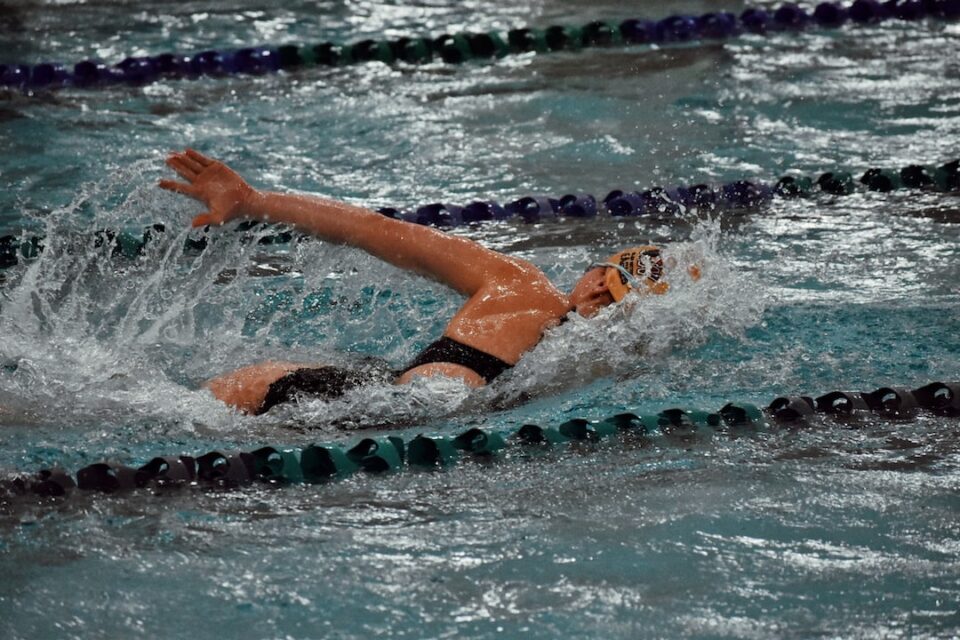Basketball is a physically demanding sport that requires athletes to be agile, quick, and flexible. With the constant running, jumping, and sudden changes in direction, it’s essential for basketball players to prioritize stretching in their training regimen. Not only does proper stretching help improve performance on the court, but it also reduces the risk of injury and improves overall flexibility. In this blog post, we will discuss five essential stretches that every basketball player should incorporate into their routine.
1. Hip Flexor Stretch:
The hip flexors play a vital role in basketball, as they assist in running, jumping, and quick changes in direction. To perform this stretch, start by kneeling on one knee with the other leg bent in front of you at a 90-degree angle. Gently push the hip of the kneeling leg forward until you feel a stretch in the front of your hip of the extended leg. Hold this position for 30 seconds and then switch legs. By stretching the hip flexors, players can enhance their range of motion, reduce muscle imbalances, and prevent lower back pain.
2. Hamstring Stretch:
Hamstring flexibility is crucial in basketball, as it allows for explosive movements, such as sprinting and jumping. To stretch your hamstrings, begin by sitting on the floor with one leg extended in front of you and the other bent, with the sole of your foot against your inner thigh. Lean forward, reaching your hands towards your toes while keeping your back straight. Hold this position for 30 seconds and then switch legs. Remember to breathe deeply and relax into the stretch. Regularly stretching the hamstrings helps improve running speed, jump height, and overall lower body performance.
3. Calf Stretch:
The calves are highly engaged during basketball, especially during jumping and quick stops. To stretch the calf muscles, face a wall or sturdy surface and place your hands against it, positioning your leg to be stretched behind you. Keeping your heel on the ground, lean your body forward until you feel a stretch in your calf muscle. Hold this position for 30 seconds and then switch legs. Regular calf stretching will help prevent common injuries like Achilles tendonitis and improve ankle stability.
4. Shoulder Stretch:
Effective shoulder mobility is crucial in basketball due to the constant arm movements involved in shooting, passing, and rebounding. Stand up straight and extend one arm horizontally across your chest. With your other hand, hold the elbow of the extended arm and gently pull it towards your body until you feel a stretch in your shoulder. Hold for 30 seconds and repeat with the other arm. This stretch helps to loosen up the shoulder joint and improve range of motion, reducing the risk of rotator cuff injuries.
5. Quadriceps Stretch:
The quadriceps, located in the front of the thigh, are vital for power and stability during basketball movements, including jumping and quick accelerations. To stretch the quads, stand upright and grab onto a stable surface for balance if needed. Bend your knee and bring your heel up towards your buttocks, grabbing your ankle or foot with your hand. Gently pull your leg towards your glutes until you feel a stretch in the front of your thigh. Hold for 30 seconds and then repeat with the other leg. Regular quadriceps stretching increases flexibility, reduces muscle tightness, and helps prevent knee injuries.
In conclusion, stretching is a crucial component of any basketball player’s training program. Incorporating these five essential stretches into your routine will help improve performance, reduce the risk of injuries, and enhance overall flexibility. Remember to warm up before stretching, breathe deeply throughout each stretch, and never push yourself too far past your comfort zone. By prioritizing stretching, you’ll take your basketball game to new heights and stay healthy on the court.

